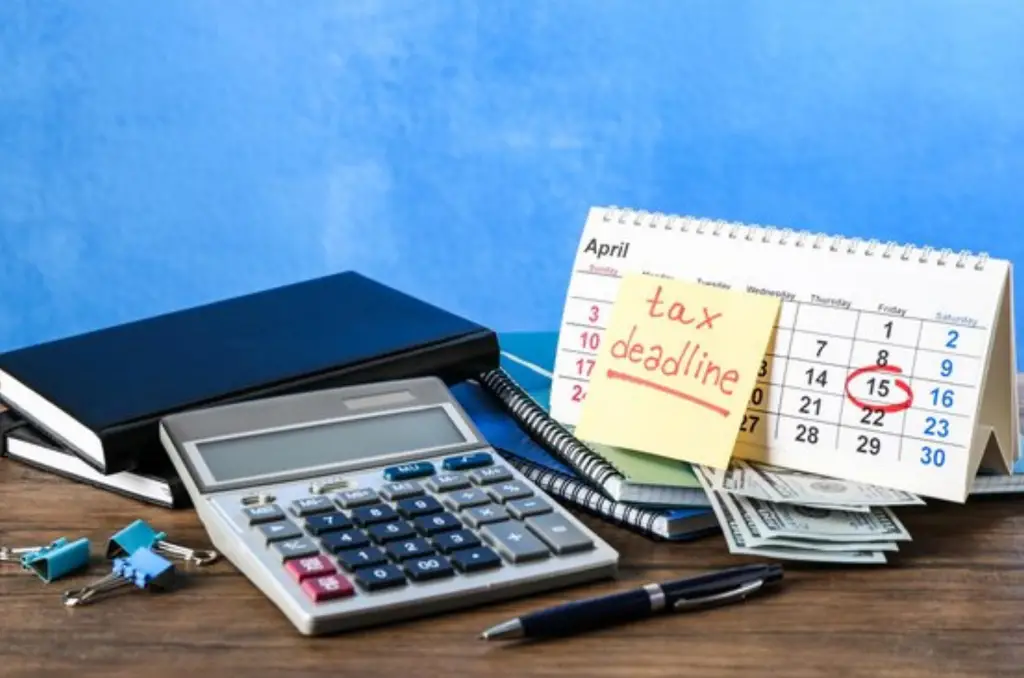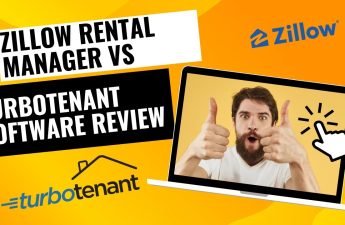Are you preparing to file your rental property income taxes? There may be some rental property tax deductions that you can take advantage of to reduce your tax burden.
Each year, many landlords end up paying more taxes on their rental income than they actually have to. That’s because they don’t leverage all the tax deductions available for rental property owners.
Investing in rental properties offers more tax benefits than nearly any other form of investment. These benefits are often the difference between making a profit on your rental investment and losing money. Here are the top 8 rental property tax deductions that landlords can take advantage of.
1. Rental Property Depreciation
Over time, wear and tear lower the value of your rental property. The government allows landlords to offset this loss by “depreciating” the value of the structures and other improvements on a rental property. This depreciation is tax-deductible. You can claim depreciation once your property is available for rent, even if you do not have any renters yet.
While you can take this deduction for the expected useful life of the property, it must be spread out over several years. According to IRS, most US residential rental properties are depreciated at a rate of 3.636% annually for 27.5 years. However, bear in mind that while the value of the structure can depreciate, the value of the land cannot.
2. Mortgage and Other Interest
Most landlords use a mortgage to buy their own home, and the same goes for rental properties. Mortgage interest is often the biggest tax deduction available to landlords.
However, keep in mind that you can’t deduct the share of your mortgage payment that goes toward the principal loan amount. Instead, the deduction only applies to payments toward interest. You can easily see these components listed separately on your monthly statement. All you have to do is multiply the monthly interest amount by 12 to get your yearly total.
Along with mortgage interest, you can also deduct interest on unsecured loans used for home enhancements, origination fees used to buy or refinance your rental property, and any credit card interest for purchases related to your rental property.
3. Maintenance and Repairs
You can also deduct the amount you spend on repairing your rental property in the year you incur them (as long as the repair expenses are ordinary, essential, and reasonable). For instance, you can deduct repairs such as carpeting, interior repainting, replacing broken windows, landscaping, fixing leaks, insulation, plastering, and fixing floors or gutters.
Keep in mind that these deductions for repair, maintenance, and general upkeep only. As we discussed above, improvements to the property are handled through depreciation and cannot be treated as deductible expenses. The main difference is that deductible expenses are made in order to keep your property in rentable condition, without adding any significant value.
You can also deduct the labor costs if you hire somebody else to do the work. The same goes for property managers, if you choose to hire one. When handling repair tasks on your own, you can deduct any rental fees for equipment, materials, and tools.
![]() Also Read: Manage Maintenance on Rental Property using Property Management Software
Also Read: Manage Maintenance on Rental Property using Property Management Software

4. Local and Long-Distance Travel
You can also receive a tax deduction every time you travel anywhere for your rental business activity. For instance, if you visit the hardware store to buy something for a repair or travel to your rental property to handle a renter complaint, you can deduct your travel expenditures.
If you travel by car for business use (as most property owners do), you can either:
- Take a deduction for your actual expenditures (such as fuel, maintenance, repairs)
- Use the standard mileage rate (58.5 cents per mile as of January 2022).
However, in the case of overnight travel for rental business purposes, you can also deduct your ticket price, accommodation bills, food expense, and other expenditures. Before you claim these deductions, make sure you have appropriate records to back them up.
![]() Also Read: What Are the Best Reporting and Accounting Tools for Landlords in 2022?
Also Read: What Are the Best Reporting and Accounting Tools for Landlords in 2022?
5. Professional Services and Independent Contractors
Whenever you engage a professional to perform services for your rental business, you can deduct their salaries as rental business expenditure. For example, whether you hire a property manager to look after the day-to-day operations related to your property or an independent contractor such as a repair person, you can deduct their fees.
Likewise, if you hire a lawyer to help you run your rental property business, that expense is also deductible. This includes the fees that you pay a lawyer for advice or to help you with setting up the business entity (LLC) for your rental business, maintaining it, or even for assistance during any proceedings that arise related to your rental property.
You may also be able to deduct expenditures associated with eviction. If you hire a bookkeeper or tax preparer to help you with the money matters, you can deduct that as well. In addition, even if you use software to automate your tax return, you can likely deduct any fees you pay for that service, too.
![]() Winner: Rentec Direct is our winner for Best Accounting Tools for Tax Preparation
Winner: Rentec Direct is our winner for Best Accounting Tools for Tax Preparation
6. Home Office
Landlords may also deduct their home office expenditures from their taxable income, as long as their home office is their only office. This means you shouldn’t have a separate location you own or rent and use for the rental business.
In such a scenario, your home office is by default your primary place of business, and is, therefore, tax-deductible. How much you can deduct will depend on the percentage of your property that your home office takes up.
7. Casualty, Disaster, and Theft Losses
If your rental building is demolished or damaged from a sudden incident such as a federally declared disaster like a flood or a significant fire, you may also be eligible to deduct all or part of your loss.
Typically, you will not be able to deduct the entire cost of property destroyed or wrecked by an event. The amount you may deduct depends on how much of your building was damaged and whether insurance covered the damage.
You may also be able to deduct theft losses relating to your rental home and household items on your federal income tax return. The amount you can deduct in the case of theft will be whatever the current market value is for that item, as effectively that is the value of your loss. You cannot deduct the full value to replace a stolen item with a new one.
8. Insurance
Next on our list of rental property tax deductions is insurance. If you own a rental property, you undoubtedly have insurance on it. The good news is that you can get a deduction for all the payments you make for different types of insurance such as a hurricane, theft, flood, and fire insurance for your rental building, in addition to landlord liability insurance.
You can even deduct a certain amount of the homeowner’s insurance for your main residence if you have renters living on your property. The amount you can deduct will depend on the overall square footage of your house being used by the tenants. Moreover, if your rental property business employs workers, you can deduct the expense of their worker’s compensation and health insurance.
Key Takeaway on Rental Property Tax Deductions
Running a rental business comes with its fair share of problems, but one of the advantages is that almost every rental activity associated with purchasing, maintaining, and operating a rental property is tax-deductible.
In the end, you should only have to pay tax on your profits, which is your rental income less all of your expenditures and the allowable depreciation for that year. That is the figure that you will enter on Schedule E when filing your taxes.
If you wish to enjoy a hassle-free tax season and correctly file rental property tax deductions, the key is to maintain good records all year long. To help you do so, check out our best reporting and accounting software tools and partners that will take the pain out of your expense tracking and management tasks.
If you require additional information, we recommend you consult a tax professional to assist you with tax opportunities available to rental property owners.
![]() Learn More: Rental Property Tax Resource Guide for Landlords
Learn More: Rental Property Tax Resource Guide for Landlords
Disclosure: Some of the links in this post are affiliate links and Landlord Gurus may earn a commission. Our mission remains to provide valuable resources and information that helps landlords manage their rental properties efficiently and profitably. We link to these companies and their products because of their quality, not because of the commission.




